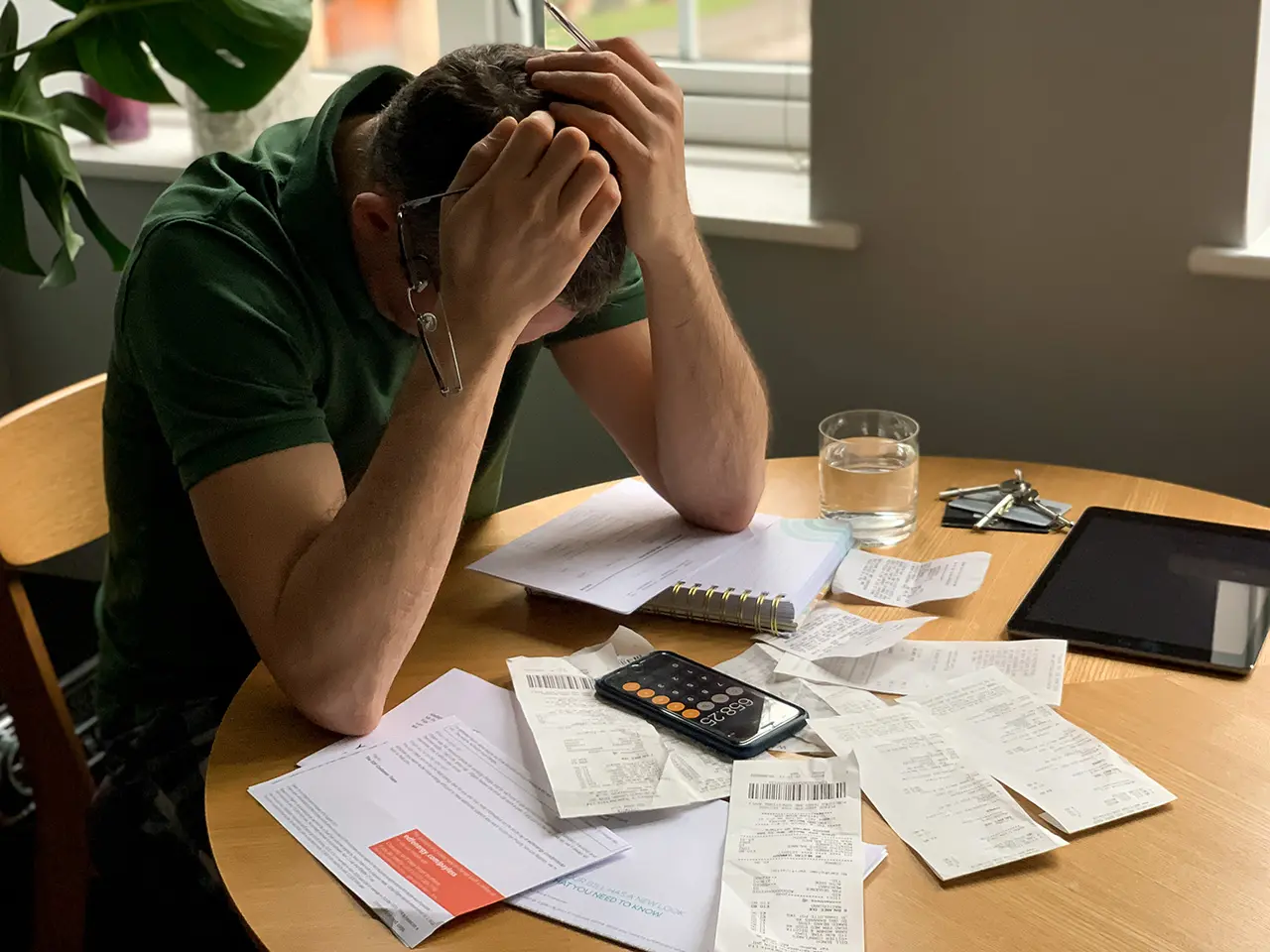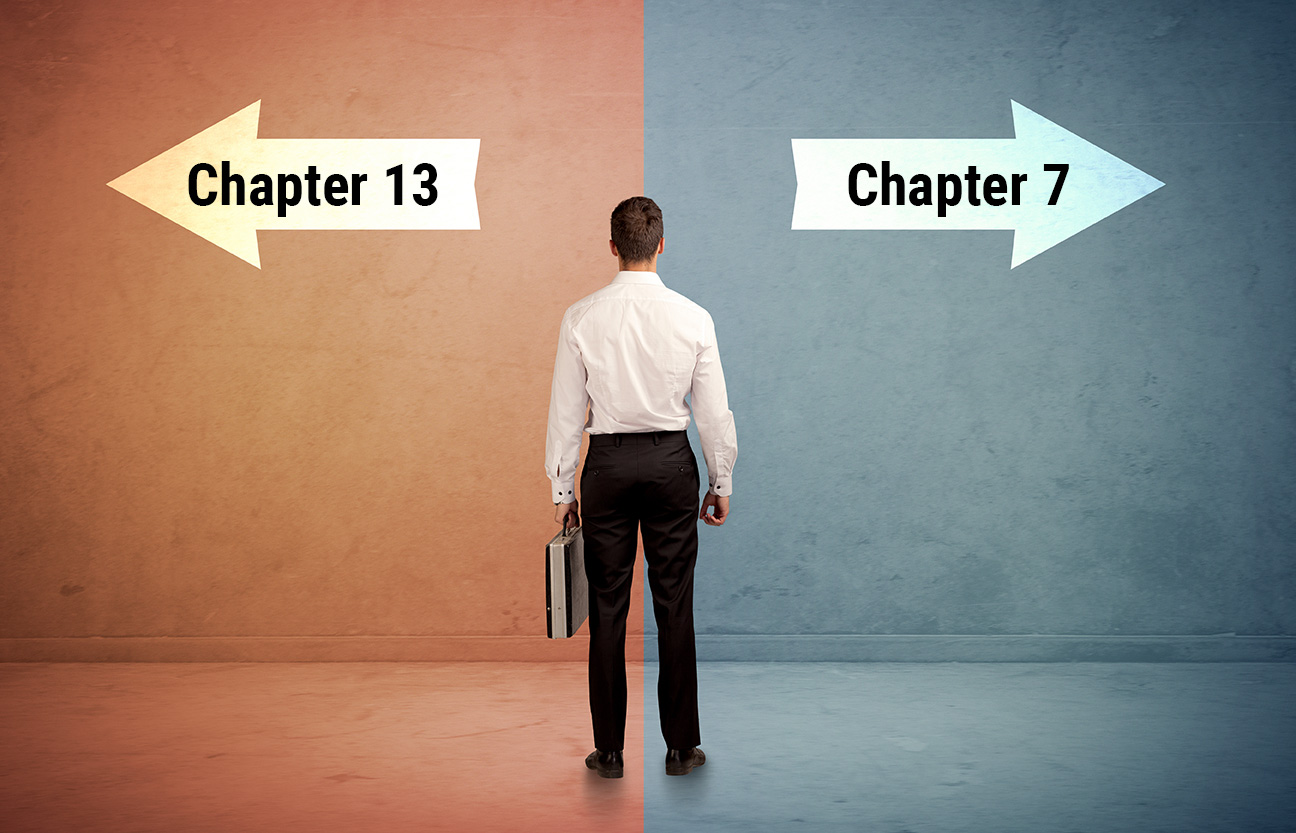Getting your bankruptcy finalized can be a huge relief. You will likely be excited to get this huge weight off your shoulders. At the same time, coming out of the other end of the process can feel a little nerve-wracking. What happens now? How can you establish a positive relationship with money moving forward?
As you move forward, you will likely need to make some changes to your life. At the very least, you’ll need to have a budget so you can see where your money is going. What else do you need to do? Here are some tips to stay debt-free after bankruptcy so you can avoid a subsequent bankruptcy.
Identify the Cause of Your Bankruptcy
Understanding what led to your financial collapse is critical. While medical debt is the leading cause, other factors include job loss, divorce, credit card misuse, gambling, or addiction. Once the root cause is clear, rebuilding becomes much easier. If needed, seek guidance from a credit counselor to review your spending habits and create a sustainable budget.
Educate Yourself Financially
Financial literacy is key to long-term success. Track your expenses, build a budget, and never stop learning about money management. Take advantage of free resources to help you strengthen your money skills.
Rebuild Your Credit Wisely
Start small and be strategic. There are a couple of options to consider:
- Secured credit cards. Deposit a set amount (your credit limit) and make on-time payments. Over time, this builds your credit history. Just limit yourself to a couple of small purchases each month.
- Authorized user accounts. Ask a trusted family member to add you to their card (without using it yourself).
- Credit builder loans. Approach with caution, as they may hurt more than help if payments aren’t made consistently.
Steer Clear of Scams and Predatory Lenders
Bankruptcy filings are public records, which means scammers may target you with offers like “no credit check” car loans or high-interest financing. Do not fall for these predatory traps. Always research lenders before applying for credit.
Build a Budget and Emergency Savings
Prepare for both expected and unexpected expenses. Include regular costs like car maintenance in your budget. Aim to save six months’ worth of living expenses for emergencies like job loss or illness. A realistic budget can help you avoid falling back into debt.
Be Patient
Recovering after bankruptcy does not happen overnight. There’s a lot of hard work involved, and you need to be consistent. By consistently tracking expenses, saving regularly, and using credit responsibly, you will see steady progress over time.
Contact Us Today
Bankruptcy is no good if you do not learn from it. Avoid making the same financial mistakes again. Do not slip into another bankruptcy. Get the help you need from The Law Offices of Adam M. Freiman. We’ll help you improve your credit score and become debt-free. Schedule a consultation today by calling (410) 486-3500.







